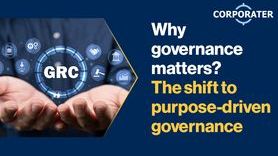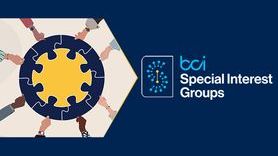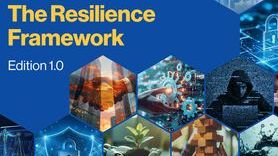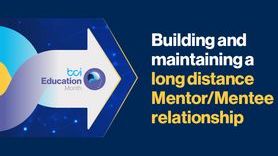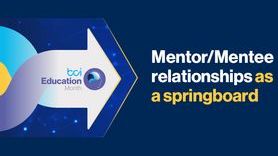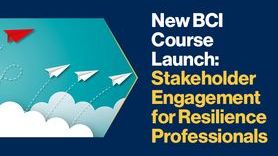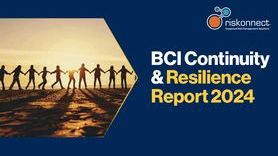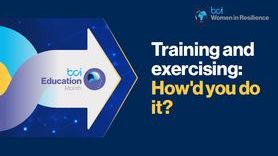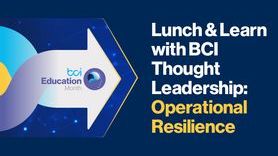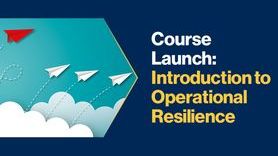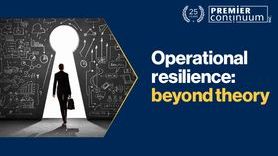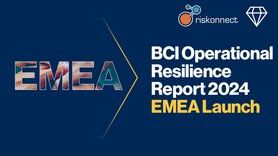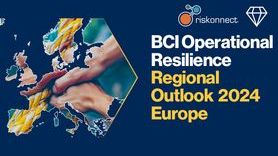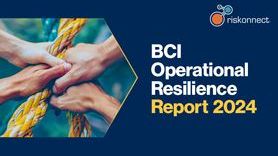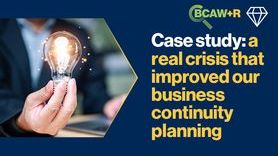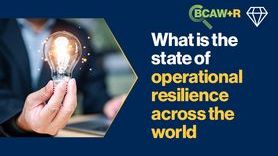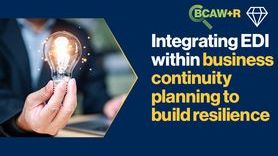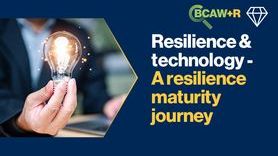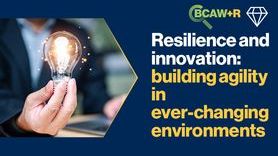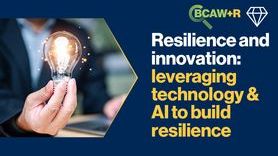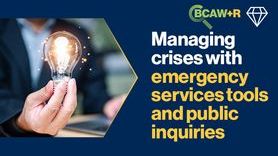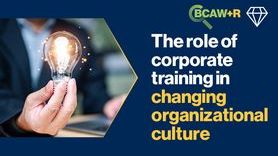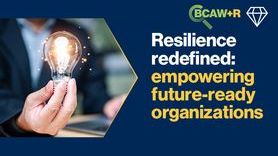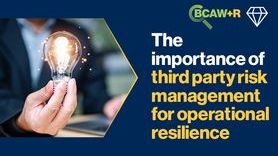Coronavirus - with opportunity comes responsibility

As a BCI member and as a Churchill Fellow of 2005, I recall the words of Churchill in that “with opportunity comes responsibility” and that rings true with this scenario and never before have so many BC professionals or people finding themselves thrown into this position had an opportunity and a responsibility to assist with protecting those valuable assets.
I currently practice in the telecommunications infrastructure industry where telecoms and IT outages are deemed as the no. 1 threat globally in the BCI Horizon Scan Report until this year, so it is so enlightening to be knocked off the no. 1 spot!
When the coronavirus threat started to emerge in China, back in December 2019, I recall sitting in the office and raising an eyebrow when first hearing about it. Within a few minutes as a team we very quickly realised that a potential threat was emerging over the horizon and it was something to watch. At the time though we all thought it would never affect us.
By January 2020, the emerging threat did not seem to be slowing down in any way and I recall seeing a working paper authored by Luke Bird MBCI on the BCI website knowledgebase entitled “The Desktop Exercise: A wasted Opportunity” (Bird MBCI, 2016) which I’ve used as reference resource for some time now in promoting, embedding and increasing training and skills resilience through recovery teams in conjunction with the training and skills matrices as part of the 22301 framework.
If we consider the abstract of this working paper it suggests;
“For many organizations, it could be argued that there is an unhealthy focus on the event itself and less so on the required planning, metrics and outputs. This begs a question: are we actually clear on how to get the most value out of these events?”
The introduction goes further to discuss;
“There is a long-standing consensus among thought leaders and practitioners that the ‘desktop exercise’ is fundamental to the delivery of effective resilience. However, the learning potential of these exercises is often far from fully utilised.”
If we analyse the current problem of coronavirus as a threat to an organisation, in the first instance, one of the main assets under the spotlight is the skill set of the staff itself and the big question is how do you protect and increase the resilience of that asset and what happens if you lose that knowledge and emotional intelligence through the worst case scenario ?
In a very short space of time we’ve seen a risk assessment of this threat move on a journey from possible through probable to more than likely. The desktop exercise can be done remotely or collaboratively in conjunction with social distancing and ensuring all hygiene and bio-security measures are in force whilst still increasing skill set resilience, working knowledge in a rapidly changing environment where we can still ensure the rehearsal still works.
Have they missed the boat?
Putting aside the lengthy analysis we all do on a daily basis, a short mental survey can quickly assess what skills are essential and how can they can be trained out to other people
Using the desktop exercise as a vehicle to deliver training and transfer skill set knowledge, we can also ensure that key processes and functions are potentially possible of continuing even if the skill set and emotional intelligence gets impacted.
The BCI GPG 2018 PP6 - Validation (page 87) has excellent advice and guidance for small organisations suddenly finding themselves in this position. There are many approaches you can take, if you have to move quickly, you can implement what suits your organisation at that time and evolve it at a later date but get that skill set resilience in place.
If I put this into context from our horizon scanning last January, we increased desktop and walkthrough rehearsals in an attempt to further increase the skill set resilience whilst ensuring that in a rapidly changing scenario, the rehearsals still do what they say on the tin and we have more and more people trained with that knowledge and we can track that resilience through a skill set and training matrix.
As harsh as it sounds, if small companies don’t get a handle on this, there is a possible risk they could lose that skill set forever and that is unforgivable as it’s completely avoidable. I’m not saying its completely preventable but the impact can be treated and minimised so the organisation may actually survive.
These are not easy times we see ahead of us, but as many governments around the world suggest, if we all act as a team, share best practice and knowledge, we can defeat this.
As my organisation looks to the horizon we can see, we will ride it out, we are fully certified to ISO22301. Like most other public companies worldwide, it has had its share price affected as a direct result of the Coronavirus outbreak. The company still remains in excellent financial health; we are debt free, have cash in the bank and our income is largely based on recurring revenue and margins.
As such we remain in a strong trading position, particularly against our peers in the market; we are well placed and prepared to see this period through and so our customers, partners and suppliers should have confidence in the services that we continue to provide them.
My concern is for the smaller organisations without the skill resilience and I recall a BCI Video entitled the “time is now” and it is very true of what is happening now.
With some intervention, albeit minimal, companies suddenly starting to get to grips with BC can very quickly get a mental survey and analysis identified and get that resilience built using the desktop rehearsal in the manner the working paper suggests, if we all pull together we will get it coronavirus done and ride this through.




